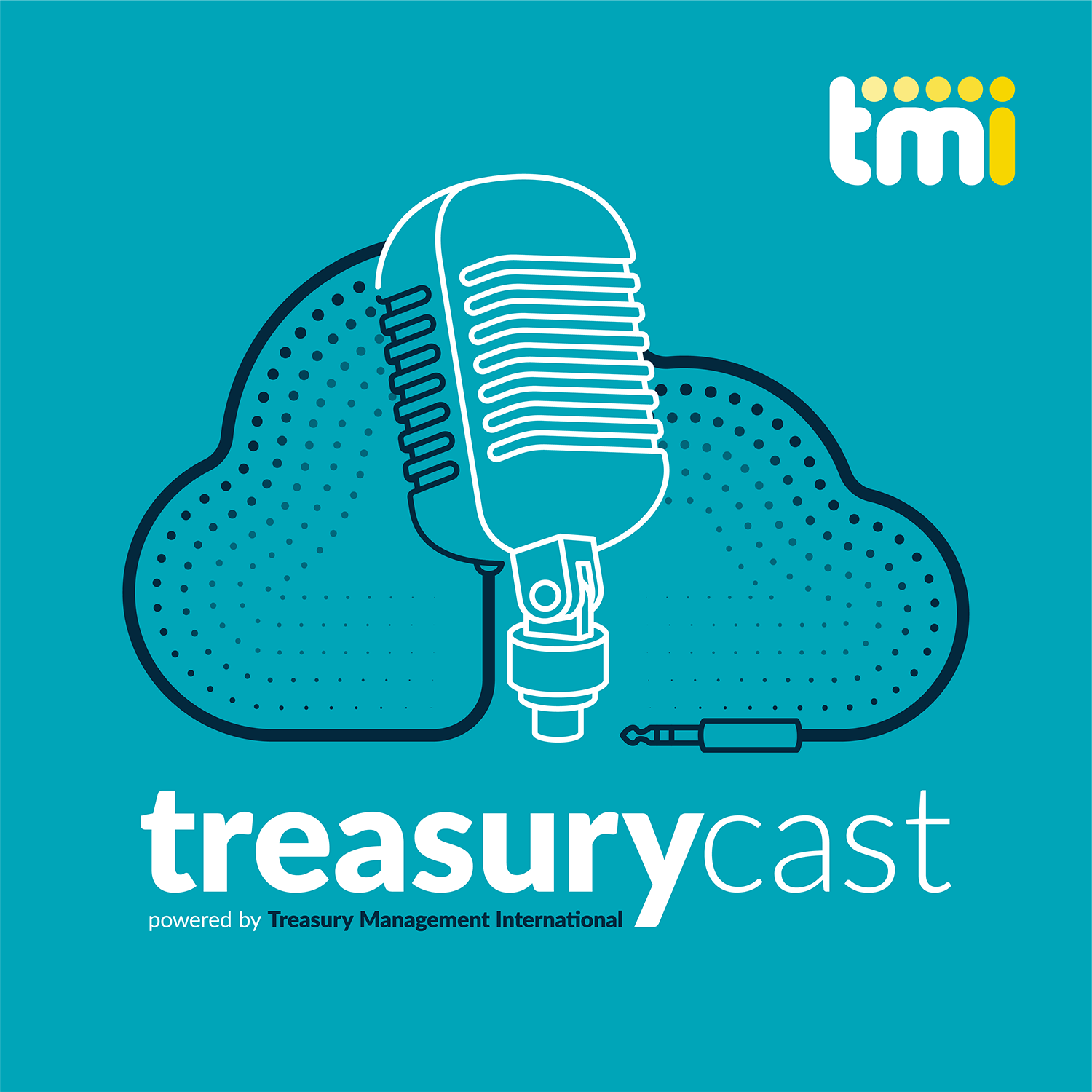Fitch Ratings-London: The decision by the European Parliament’s Economic and Monetary Affairs (ECON) Committee to postpone agreement on draft rules to regulate money market funds (MMFs) last week leaves the scope of possible investment restrictions on asset-backed commercial paper (ABCP) unclear, Fitch Ratings says. These restrictions may prompt significant asset reallocation for some MMFs, depending on the scope of the regulation.
Euro- and sterling-denominated constant net asset value MMFs in Europe held EUR9.3bn of ABCP at end 2013, according to iMoneyNet, and certain MMFs have up to 30% of their investments in ABCP.
Draft rules proposed by the European Commission would prevent MMFs investing in ABCP backed by assets other than trade receivables. In practice, this would prevent MMFs investing in almost all ABCP conduits. However, it is not certain whether the restriction is limited to conduits that hold assets other than trade receivables, or that are permitted to hold such assets, even if they do not. In addition, an MMF’s aggregate securitisation exposure, which includes ABCP, would be restricted to 10% of assets.
Amendments suggested late last year by some MEPs would make the draft rules less restrictive and grant more power to the European Securities and Markets Authority (ESMA) to define eligible ABCP for MMFs based on the liquidity and credit quality of the ABCP collateral pool. For instance, some proposed amendments would allow MMFs to hold “securitisations where the underlying assets are associated with supporting the working capital of manufacturers and the sales of real economy goods and services”. In addition to trade receivables, this definition of securitisation would include auto and equipment loans and leases, SME loans, and consumer loans, subject to credit quality, liquidity and maturity criteria.
An example of the potential significance of these amendments is provided by LMA S.A. (F1sf), which is the ABCP conduit to which Fitch-rated euro and sterling MMFs had the largest exposure, amounting to EUR1.9bn as of January 2014. LMA is a fully-supported multi-seller ABCP conduit sponsored by Credit Agricole Corporate and Investment Bank (A/Stable/F1) and it has a high trade receivables component and holds auto loans. It would probably remain eligible for MMFs if the amendments were adopted but become ineligible if they were not.
LMA demonstrates another potential side effect of the proposed amendments; incentivising MMFs to invest in unsecured bank commercial paper rather than fully-supported ABCP. In a fully-supported conduit, the sponsor protects the conduit against default risk of the underlying assets, so that there is implicit recourse to both the sponsor and the underlying assets. The new restrictions may cause MMFs to reallocate investment away from fully supported conduits to unsecured bank commercial paper that only provides recourse to the bank.
The ECON Committee has a rescheduled vote to finalise draft rules on 10 March. With European Parliamentary elections due in May, it is by no means certain that the previous timetable, which envisaged a full European Parliament vote in April, can be met.





